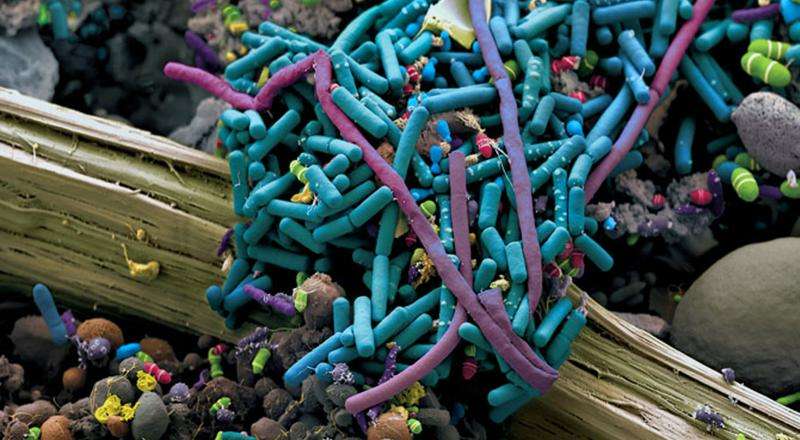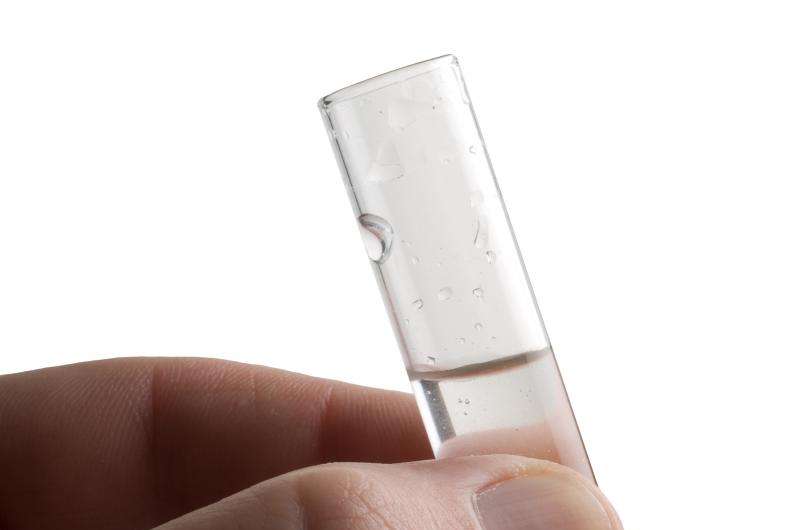A group of scientists from the Institute of Ecology and the Faculty of Medicine of the National University of Mexico (UNAM), have created a membrane capable of simultaneously detecting numerous organisms in water or food that cause diarrhea and intestinal problems. This health problem kills 760,000 children under the age of five annually, according to the World Health Organization.
PhD Valeria Souza Saldivar, one of the developers, described an analysis system consisting of a transparent, flexible material similar to paper measuring 10x5 centimeters, in which 200 genes of pathogenic microorganisms were printed.
The innovation is designed to detect microorganisms in water, the main vehicles for transmitting bacteria that cause diarrhea, especially when the untreated liquid is used to water or wash food. "It's what happens in the Lerma Santiago River, which crosses the State of Mexico, Jalisco, Guanajuato and Michoacan; there are no treatment plants and human and industrial waste accumulates in this body of water," said Saldivar.
For 10 years, the researchers studied genes in the bacteria responsible for diarrhea. "We obtained all the genes that these bacteria have, removed them via a method that allows us to amplify DNA fragments to identify disease-causing germs. Then, thE faculty of medicine could print 200 points on the membrane with the genes of microorganisms in a particular order," explained the academic.
The scientific development has a baseline cost of 500 thousand pesos, and a high profit, as it has many simultaneously active genes, which helps to obtain an accurate diagnosis.
Souza Saldivar explained that currently, the membrane is in the process of patenting and allied with the company Encore Biotechnology, is intended to carry out a co-development project to detect pathogens in cultured shrimp of Nayarit, Sinaloa and Sonora. "We found that our membrane not only distinguished vibriosis, (crustacean cholera), but also determined that this disease came from many toxins in the contaminated water, causing early death of the animals."
With the test results, the scientists seek to generate sustainable development through the use of the same bacteria and the creation of probiotics to replace chemicals or antibiotics. "We need to work with bacteria, not against them," the researcher emphasized.
This innovation placed third in the awards program for the Promotion of Patenting and Innovation in Mexico that promotes technological development and a culture of industrial property in the National University.
The use of the membrane will protect the safety of the water we consume. "The idea is that, in the future, the inhabitants of any municipality will be able to test their own water and to assess whether or not it is safe; we must propel citizen science and teach people the tools to make decisions about their crops, their animals and their food," concluded the scientist.
Provided by Investigación y Desarrollo
























